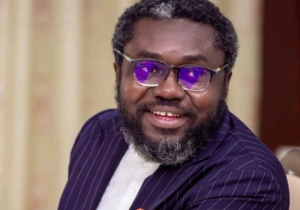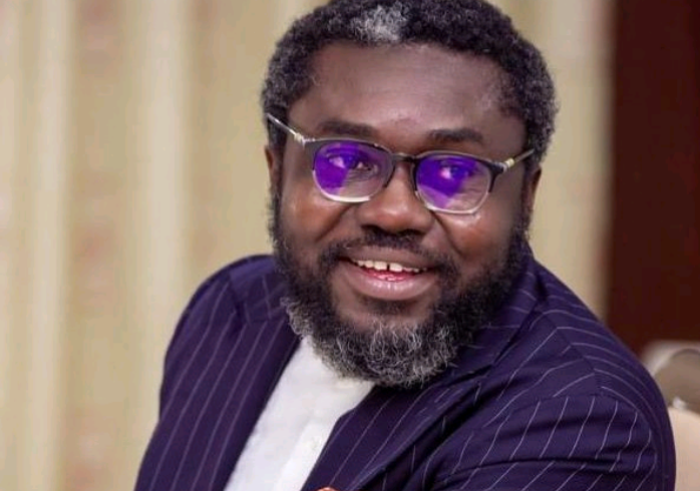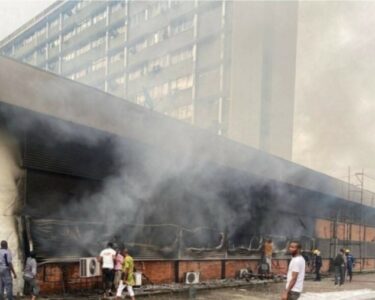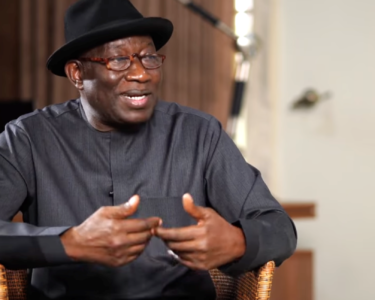In a world where justice is praised vociferously as a cornerstone of society, the harrowing tale of Kwabena Huletey serves as a stark reminder of the system’s failures and the human cost of wrongful imprisonment. A subsistence farmer at Nanekese in the Eastern Region of Ghana, Huletey spent an agonising seven years behind bars without ever being convicted of a crime. His story is not just one of personal tragedy; it is a call to action for all who believe in the sanctity of justice and the rights of individuals. Court documents reveal the profound impact of Huletey’s wrongful incarceration.
Following the death of Dela Hunukeh, his fiancée, after he had exhausted all his savings on her medical expenses, transportation, and other incidental costs, Huletey was arrested and charged with her murder, despite the absence of credible evidence. He was imprisoned for seven years for killing someone when the person died from pneumonia. According to the legal documents, he was not even there when the person died. The document also disclosed that Dela Hunukeh was battling a chronic and debilitating illness.
“She had long suffered from a respiratory condition, which periodically worsened, leaving her extremely weak and vulnerable. Despite these challenges, Mr. Huletey demonstrated compassion and responsibility, embracing the role of caregiver in anticipation of their forthcoming marriage”. Said in the document.
The 45-year-old farmer who lives in Nanekese in the Eastern Region of Ghana was arrested in July 2015. A year later, with no case established against him, the Mampong District Court ordered his release. However, instead of being freed, a Police prosecutor returned him to Koforidua Prison without explanation or legal authority. Mr. Huletey was wrongly imprisoned for five more years, effectively forgotten by the justice system in Ghana, until a non-governmental organisation intervened through the ‘Justice for All Programme’ and secured his release in 2022.
Mr. Huletey says as captured in the document that, from 10 November 2016 till five years later on 19 October 2021 when he was eventually discharged from Prison custody as part of the Justice for All Programme; he was never sent to court again and that he was held continuously in the custody of the Prison without warrant. He says that, unknown to him, the matter had been struck out by the Akuapem Mampong District Court on 15 December 2016 after an autopsy report revealed that his fiancée Dela Hunukeh had died from Pneumonia and, therefore, was not killed by him as alleged by the Ghana police.
Mr. Huletey further avers that during his seven-year wrongful detention at Koforidua Prison, he was subjected to harsh, inhumane, and degrading Prison conditions that severely compromised his health and well-being. The overcrowded, unsanitary, and poorly ventilated environment was wholly unsuitable for human habitation, and he was continuously exposed to disease, malnutrition, and neglect.
Kwabena Huletey, who was wrongly punished without a conviction, is struggling with health complications. In seeking justice for Huletey, an astute lawyer and social activist, Oliver Barker-Vormawor has filed a lawsuit against the Ghana Police Service, the Ghana Prisons Service and the Attorney-General, seeking GHC 9.9 million in compensation for the wrongful incarceration.
The legal action follows a report by The Fourth Estate in May 2024, which detailed how systemic failures in Ghana’s justice system often result in the imprisonment of the poor without due process.
According to the suit filed by Esquire Barker-Vormawor and his legal team at Merton & Everette LLP, a law firm based in Accra Ghana, Huletey now suffers from debilitating bone and muscle conditions, severe lower back pain, hearing loss in his right ear, deteriorating vision, and cognitive issues, including memory loss and confusion.

Excerpts from the Statement of Claim in a Writ filed by Oliver Barker-Vormawor
This lawsuit is not simply about financial restitution, it is an affirmation of Huletey’s dignity and a demand for accountability from those who failed him. It underscores the urgent need for systemic reform within the legal framework in Ghana to prevent such egregious miscarriages of justice from occurring in the future. During his incarceration, Huletey’s sister, who had depended on him for financial support, experienced a severe mental breakdown.
Tragically, his mother passed away without him being aware, he also lost touch with his daughter and grandchildren. It was only after he regained his freedom that he discovered the full extent of these devastating changes in his family circumstances. The emotional toll of these fractured relationships weighed heavily on him, compounding the difficulties he faced as he attempted to reintegrate into society.
Mr. Huletey’s plight resonates deeply within the heart of Ghana and beyond. It raises critical questions about the integrity of the justice system and the safeguards that should be in place to protect the innocent. The consequences of wrongful convictions are far-reaching, affecting not only the individuals wrongly imprisoned but also their families, communities, and society at large.
This case serves as a rallying cry for advocates of justice, urging them to stand in solidarity with Huletey and others like him who have suffered at the hands of an imperfect system in Ghana and Africa at large. It’s clear that ‘Justice’ is a fundamental human right that must be fiercely defended. The fight for justice is not just his, it is a fight for humanity, for fairness, and for the belief that truth will ultimately prevail.







